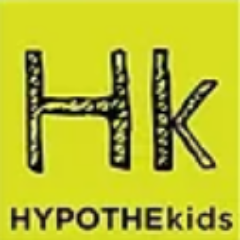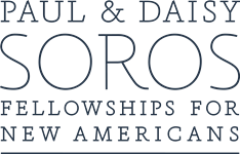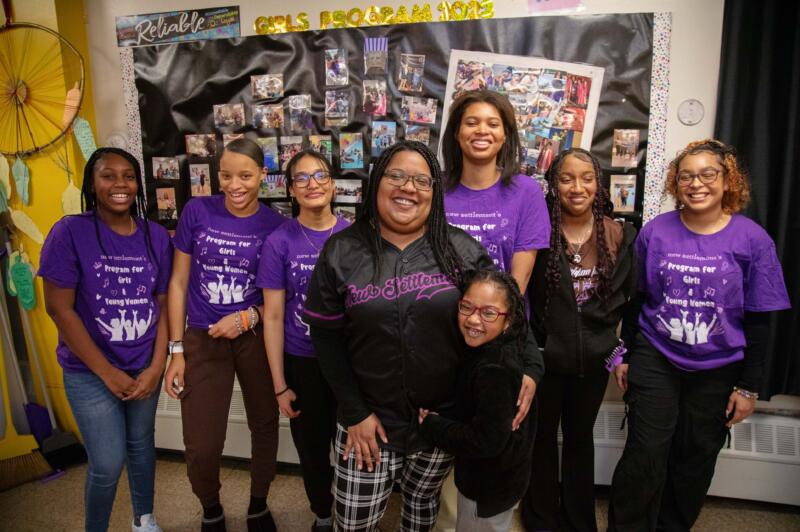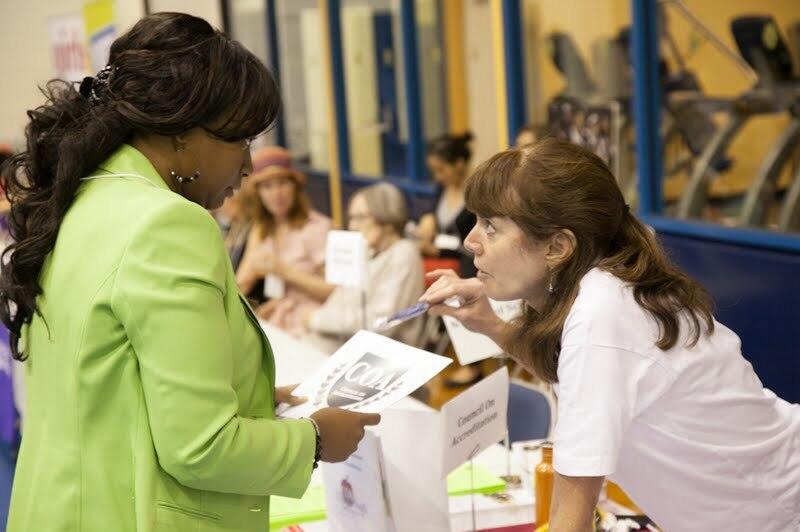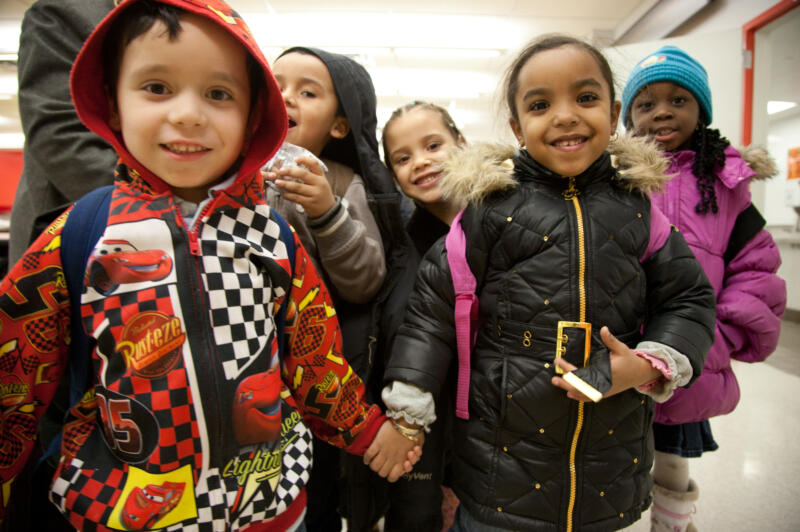May 7, 2025
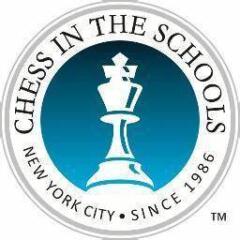
Teacher Training Institute with Chess in The Schools
Join Chess in The Schools for their upcoming Teacher Training Institute session, which teaches New York City public school educators to implement a chess program at their school. This free one-day workshop includes training and additional digital resources. The in-person session will take place on June 6, 2025 from 10:00 AM - 4:00 PM at the Chess in The Schools office (520 Eighth Avenue, 22nd Floor, New York, NY). Read more on their website and contact rboocock@chessintheschools.org and cmorales@chessintheschools.org to sign up.

